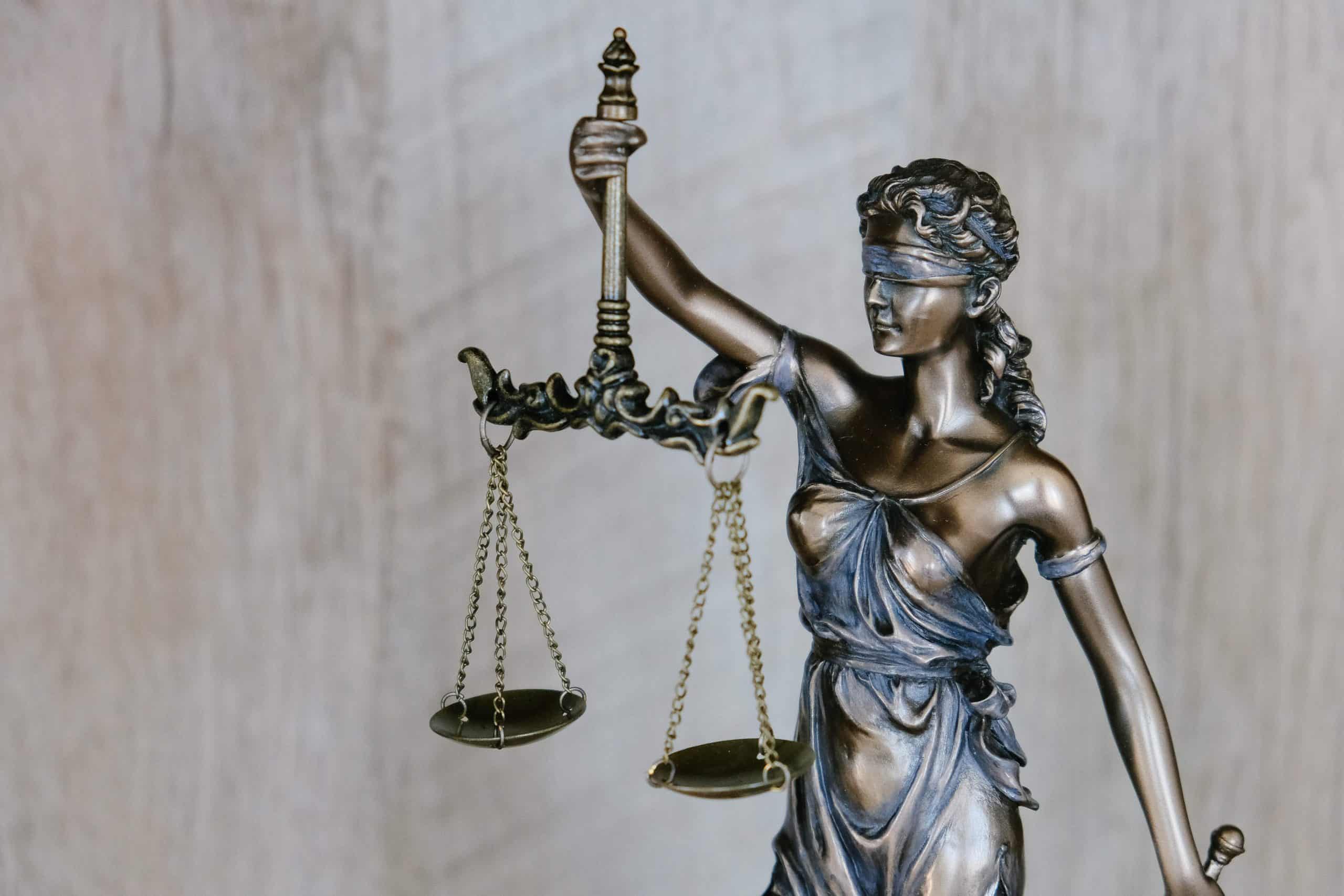
Managing reputation through a crisis: the legal route
Issues and crisis management can be an incredibly rewarding pursuit. There is a lot riding on the outcome of your work and the counsel you provide. It often gets the adrenaline pumping in ways other parts of communications practice does not.
This is a common theme you hear when speaking with communicators who do this kind of work, but it is not the only thing you hear from them.
You will also often hear of the frustration of working with an organisation’s legal counsel. The tension between teams can result in failure to agree on a way forward that satisfies both parties, derailing proceedings. Communicators, are primarily concerned with the long-term reputation of the individual or firm in question. However, the legal advisor’s key objective is to shield the party from risk and liability.
Eliminating this tension is key to success. Often the reporting lines of the two parties and how they collaborate determine the success of issues and crisis mitigation work.
Mutual understanding breeds mutual success
There are ways of working with lawyers on crisis engagements that ease that tension and improve the outcome of the work conducted.
One of the best ways to ensure your communications and legal teams work together effectively is to appoint counsel that truly understands the others’ roles, responsibilities, and expertise.
One such advisor, Jonathan Coad, a media lawyer with over 25 years of skin in the game and the founder of Coad Law. Jonathan recently joined the Babel team for a training session on how best to work with lawyers during a crisis scenario. We discussed some of the legal and regulatory routes that could be pursued to shape conversations about and reputations of those under extreme media scrutiny.
Jonathan spoke about how the changes to the law and regulatory landscape over the last 10 years had impacted the options available in various circumstances. Most notably IPSO picking up the regulatory reigns from the IPCC. He illustrated these with examples from cases in which- he had acted as legal counsel.
Mounting a challenge
Key to managing reputation via the legal route, is conveying the potential risks to the publisher/broadcaster, were the story to run. There are a number of ways to do this. They range from making a complaint via IPSO, to having a frank conversation with the publication’s in-house lawyer. Whatever the tactics employed, the goal should be hammering home the point that the organisation cares about its reputation, and is prepared to defend it.
The media business does not bring in the money that it used to. So the prospect of paying out large sums to cover damages and legal costs (for both sides), is something no newspaper wants to do. In-house lawyers will therefore try to minimise any possibility of this happening. Sometimes that will mean pulling a story entirely. In most cases, it will mean watering it down to a level they can be reasonably sure they can defend in a courtroom.
One of the interesting points made, runs counter to what some PR practitioners may tell you. Sometimes it is better not to issue a statement for a critical piece. Sending in a strong rebuttal comment, that may be cut down for brevity, just accepts that the piece will run, albeit with “your side of the argument”. Sometimes it is better to challenge the article on legal grounds from the outset. You may be able to walk the article back to fair criticism via legal counsel or even have the story spiked.
Media outlets’ legal teams, Jonathan said, will typically ask two questions when reviewing stories:
- Is there a legal issue? i.e. Is it an infringement of reputation or privacy?
- If the answer to the above is yes, then will they hold us to account?
The key to managing reputation via the legal route is making sure that the answer to that second question for your organisation is always a resounding yes.
PR-ing the litigation
Another fascinating point Jonathan raised, was that the litigation process itself can be used to communicate with stakeholders.
He spoke of a “tremendously fun” but challenging case he had been involved in. In this case, the opposing team made it incredibly difficult for him to explain the situation and influence that party’s senior leaders.
The solution? Circumvent the middle men/women by briefing the key media those senior leaders are reading on the litigation. This allows you to tell your side of the story, and reach those stakeholders another way.
It may seem like a simple idea, but it’s one that is not a well utilised tool in the crisis communicator’s toolbox.
Jonathan describes this as “leveraging litigation via the media to achieve the maximum PR and tactical benefit, and/or mitigating to the fullest degree any reputation damage”. This is a type of crisis communications, but one with importance nuances. There are multiple audiences – the media and your litigation opponent. The media also has legal protection when reporting legal proceedings. All this means it does require an expert hand at the tiller.
Litigation PR can be used both as a shield and as a weapon. But in order to execute good litigation PR you need a full understanding of the legal process. You need to know how the media works. Have good relations with them. And, you need to have the ability to exert influence over editorial decisions. Not only that, but timing is crucial. Bringing in a media lawyer after the reputational damage is done is not going to help anyone. “Embedding” expert advisors in the legal process from the outset, will however strengthen your hand.
Crisis communications is certainly a complex thing to get right, but there are systems that can be put in place and ways of working with the various parties involved to improve delivery and outcomes.
If you are reviewing your processes, or have an issue you fear might bubble up in to a full-blown crisis, get in touch with our expert team. We can help advise you on how best to navigate it and bring in the right team and expertise to minimise the risk to your business and protect your reputation.





